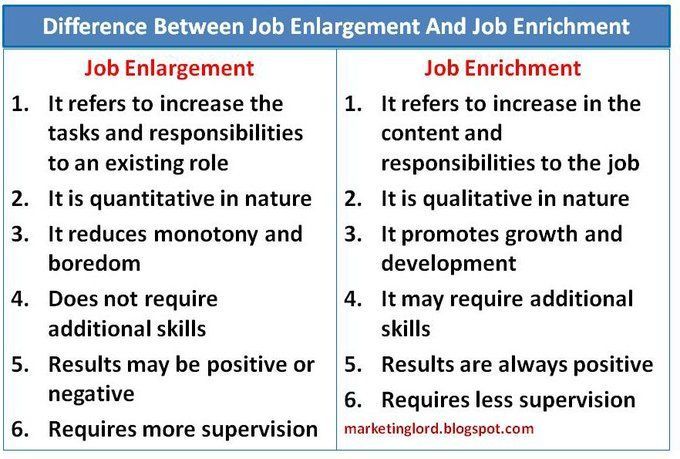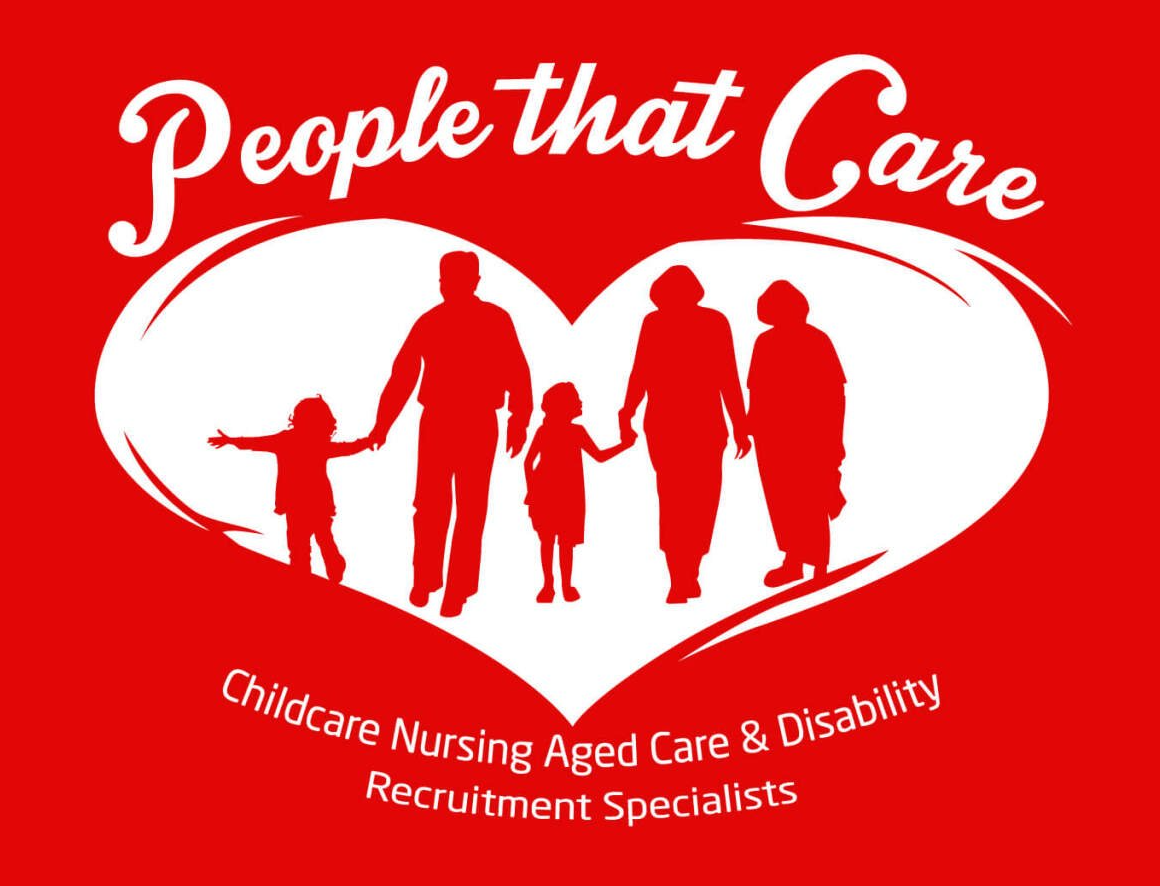21 Highly Effective Ways to Recognize Your Team
Employee recognition can be a powerful force for good in any workplace. At its most effective, different types of employee recognition lead to increased employee engagement, productivity, morale, sense of purpose, and employee retention.
But without a recognition framework or system in place, it can be tricky to craft meaningful and consistent workplace recognition. Ultimately, you’ll want to create a program that addresses your organization’s needs while tailoring your recognition to each employee you’re celebrating.
So what does effective recognition look like? Before we jump into examples, let’s review the characteristics of effective recognition:
- Timely
- Frequent
- Specific
- Visible
- Inclusive
- Values-based
It’s important to note that every type of recognition doesn’t need to embody all six elements. However, a comprehensive strategy should, in whole, encompass recognition that is timely, frequent, specific, visible, inclusive, and values-based in order to drive meaning.
Now that you have a solid understanding of the benefits and characteristics of recognition, let’s take a look at examples of effective recognition in practice. We’ve outlined 21 of our favorite employee recognition examples below, all labeled with the characteristic(s) they represent.
Let’s get the recognition ball rolling!
21 meaningful ways to recognize your teammates
1. Weekly Wins meetings
Timely, Frequent, Visible
Weekly Wins meetings are commonplace in a lot of work environments—and for good reason! They serve as an opportunity for your team to gather and publicly share accomplishments from the week. By holding the meetings each and every week, you’ll create a natural rhythm of recognition that will become a pillar of your company culture.
It’s important to note that 'wins' can be any size—from signing a new client to simply cleaning out the office fridge!
2. Share praise from customers
Visible, Inclusive, Values-based
What if the next time you receive a glowing customer email you share it company-wide? "Behind-the-scenes" team members will feel connected to the outcome of their work and get some cheer from their customer-facing colleagues. This is a meaningful way to celebrate all the moving parts and people that contribute to an organization’s success.
3. Company swag
Visible, Inclusive
Nothing groundbreaking here: people love swag! Celebrate a company milestone or team accomplishment with company-branded clothing, water bottles, or anything else you can dream up. With everybody sporting the same item, you’re encouraging a team mentality and your employees will always associate their swag with their accomplishment. 🏆
4. Treat your team to lunch
Visible, Inclusive
Sharing a meal is an age-old demonstration of care, but take it one step further and make sure to note who and what the meal is in honor of. You can take your team out to lunch or order a special meal to their home.
5. Offer a break from work
Visible, Inclusive
Whether you treat your team to an impromptu party or happy hour (virtual or in-person), an early release, or an organized offsite event, folks will cherish the chance to step away from the work environment. By offering your team time to let off a little steam, you’re effectively acknowledging all the hard work they regularly put in.
6. Share personal achievements and hobbies
Visible, Inclusive
We’re big believers in bringing your whole self to work, which means people should be celebrated for more than just their professional wins! By creating space for personal accomplishments and hobbies within the workplace, you’ll be recognizing your employees as the multi-faceted individuals they are.
Here at Bonusly, we have a slew of Slack channels where folks can share their interests and hobbies. It’s a great way to learn a bit more about one another and can lead to meaningful bonding. To encourage even more interaction, consider a monthly show-and-tell!
7. Bonusly
All characteristics 😁
You knew this one was coming! A fun and smart recognition & rewards platform like Bonusly can be a tremendous tool in building connected, motivated, and high-performing teams.
It works like this: employees are given a monthly Bonusly allowance, which represents real monetary value. With that allowance, users can give bonuses to their peers, direct reports, and managers. Bonuses can be given in real-time and publicly so that everybody can join in on the celebration, or at least see what great things their teammates are doing. Finally, employees can redeem the points they’ve earned for any number of rewards, including gift cards, experiences, and charitable donations.
Bonusly is so effective precisely because it embodies all the characteristics of meaningful rewards we outlined up top and champions peer-to-peer recognition.
8. Make a charitable donation
Visible, Values-based
Make a donation in your employee’s name to the charity of their choice. You’ll be demonstrating that their values matter to the company and be making a positive difference in the world! Win-win.
9. Send a thoughtful note
Specific, Inclusive
Never underestimate the power of the written word! Verbal praise is wonderful, but there's something extra special about having a tangible record of recognition. A genuine email thanking your teammate can go a long way but consider taking the time to write a note by hand—in this digital age, it’s sure to mean a lot. ✍️
Get the whole team involved by having everyone write a heartfelt message! The lucky recipient will have a collection of appreciation and praise to revisit at any time. 💌
10. Celebrate special days
Timely, Frequent, Specific
We have a lot of ideas on the best ways to celebrate birthdays in the workplace, as well as work anniversaries, so we’ll just sum it up here to say acknowledging someone’s special day is an easy—and important—form of recognition that shouldn’t be overlooked.
11. Offer wellness support
Values-based
Prioritizing employee wellness (both physical and mental!) should be part of your company’s recognition program. After all, when you support and enhance someone’s health and wellbeing, they naturally feel valued and cared for.
Consider a wellness stipend, group meditations, access to counseling, or even a gift card to get a massage. You can always crowdsource ideas from your team to see what would help them feel more balanced and supported.
12. Publicize promotions
Specific, Visible
A well-earned promotion is the result of hard work and countless accomplishments. While a promotion can be a form of recognition all by itself, why not amplify your efforts and really make an event of it?
The promoted individual’s manager can make an announcement in an email or meeting giving an overview of why the individual was promoted and specific impacts their work has had on the company. It’s a surefire way to encourage extra pats on the back from teammates and perhaps inspire a trend of excellence in the workplace!
13. Give a shout-out
Timely, Frequent, Specific, Visible
If you have the opportunity to call somebody out for a job well done in a company-wide meeting or even a cross-team meeting, do so! You’ll make the contributor feel appreciated, help minimize any team silos, and inform the rest of the company of great work they probably wouldn’t have otherwise known about.
14. Include employees on your website
Visible, Inclusive
Including your employees on your ‘About Us’ page can instill a tremendous sense of pride. It’s a simple action that truly makes everyone feel like part of the whole. After all, solely featuring the founder or executive team on your website doesn’t really paint the full picture of your company!
Take it one step further and hire a photographer to take photos of your team—everyone could use a fabulous headshot! 📸
15. Feature your team on social media
Specific, Visible, Inclusive
Turn to LinkedIn, Twitter, Instagram, or whichever social media platform your company favors to recognize your employees.
Here at Bonusly, we get started on someone’s very first day! We post about new hires with a short bio and photo to immediately make folks feel welcome to our community.
Moving forward, offer shoutouts for specific projects or new product features. Or consider writing a recommendation on someone’s profile! The act of publicly broadcasting your appreciation will go far.
16. Offer professional development
Values-based, Inclusive
Investing in your employee's careers is a powerful way to demonstrate their significance to the company. It’s communicating that you see their potential and want to help them further themselves. Plus, when employees feel like they have room to grow, they’re bound to be more invested in their jobs.
Make sure to hold regular career discussions with employees to understand their personal and professional goals and make them feel like equal partners in the opportunities available to them.
17. Surprise your team with treats
Timely/Frequent
Whether you bring in coffee, donuts, or anything else your teammates love, this is a small gesture that can break up the day and make everybody feel cared for. 🍩 🍰 🍪
18. Create sharing opportunities
Visible, Inclusive, Values-based
Give your employees the chance to take center stage! You can offer guest presentations at all-hands meetings, create a Slack channel for employees to share what they’re working on, host company-wide demo days, set up lunch-and-learns—the list goes on and on.
Whichever way you do it, creating opportunities for your employees to openly share their hard work demonstrates how much you value all that they do.
19. Make it a game
Inclusive, Values-based
If there’s anything we want to get across, it’s that recognition can—and should—be fun! So why not make a game of it? 🎲
Consider team-based rewards. A team can select a reward (maybe it’s a happy hour, swag, or that new office gadget everyone really wants) and then outline what they have to achieve to get that reward. It’s a great way to infuse some fun in the workplace and get everyone moving towards a common goal.
20. Count the little things
Specific, Visible, Inclusive
You know how they say “it’s the little things that count”? Well, that’s true in the workplace, too.
Not everybody at your company is going to have flashy or visible wins, and even glamorous jobs have less-than-glamorous parts. So make sure to acknowledge the small stuff! Whether it’s tidying up the office, doing admin work, or even getting hung up on a certain number of times when cold calling, give recognition for the very necessary tasks that aren’t always so fun.
21. Project-specific bonuses
Timely/Frequent, Specific
With a value we all understand, sometimes monetary rewards are the way to go. If your employee accomplished a project-specific goal at work, consider offering a bonus. Research shows that employees who receive regular small rewards are 8x more engaged than those who receive compensation increases and bonuses just once a year.
As you start thinking about which ideas to bring back to your workplace, remember to keep the characteristics of meaningful recognition front of mind. And if you’re not sure which ideas would best resonate with your team, ask! Recognition and rewards aren't one-size-fits-all, so the act of asking your colleagues how they like to be appreciated is a meaningful practice in and of itself.
Of course, if you use a recognition system like Bonusly, you’ll automatically enable your employees to choose how they’re recognized, as well as champion peer-to-peer recognition.
How will you recognize your employees?
Employee recognition has a place in each and every company—it’s just a matter of figuring out which practices are right for you and your team. Take these ideas back to your workplace, experiment, and don’t be afraid to get creative! Even if it takes a minute to find your recognition groove, we promise you’ll be glad you did.
For more ideas, check out the Guide to Modern Employee Recognition, or sign up for a free demo of Bonusly.
Source: https://bonusly.com/post/effective-ways-to-recognize-your-team


People That Care Australia does not receive any funding to operate its business. All profits are used to improve the service we offer to Jobseekers.
USEFUL LINKS
FOLLOW US
STAY INFORMED
You need a helping hand with your project?
We will get back to you as soon as possible
Please try again later
CONTACT US
Contact Us
We will get back to you as soon as possible.
Please try again later.
All Rights Reserved | People That Care Australia
Made with 💛 by Shazamme
